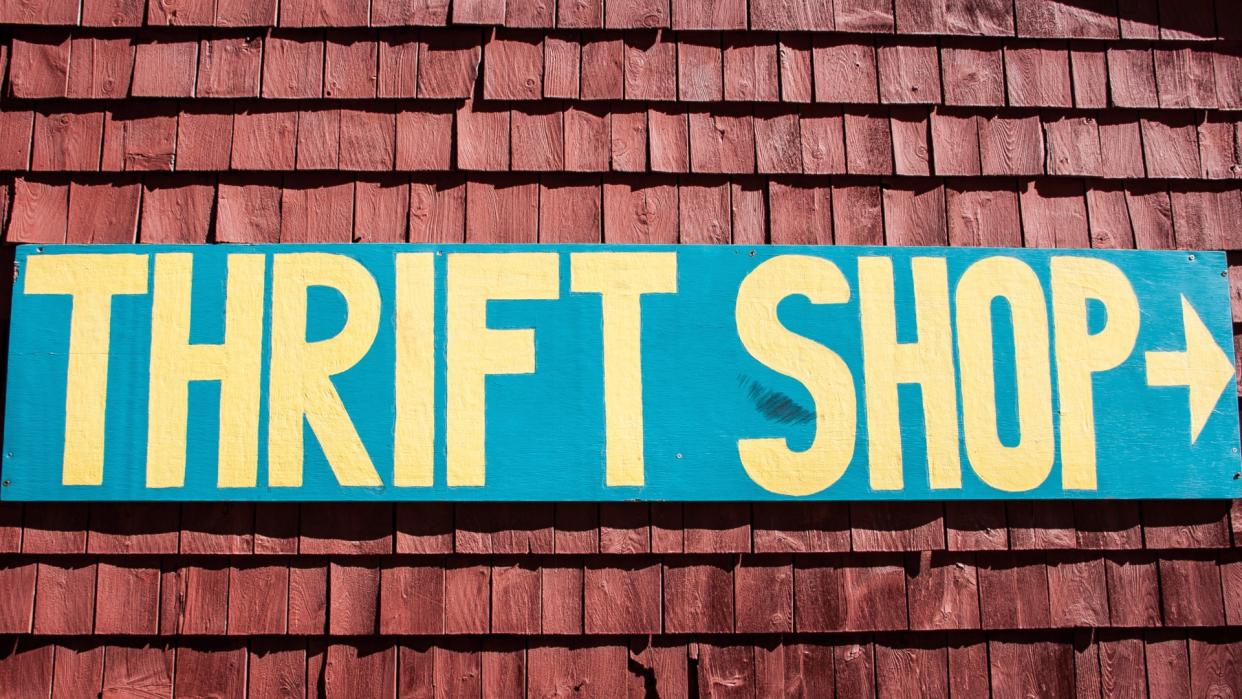Ikea billionaire's unusual money-saving moves

Ikea founder Ingvar Kamprad, is said to be worth £28 billion - and is thought to be the 10th richest man in the world - but you wouldn't know it if you met him. He lives a famously frugal lifestyle, and a recent documentary shown on Swedish TV has revealed just how keen he is on extreme cost-cutting.
The programme revealed that the 90-year-old buys his clothes second-hand from flea markets. He said he did so in order to "set a good example" - demonstrating that life doesn't have to be about flash labels and fashions. As he said in his memoir: "We don't need flashy cars, impressive titles, uniforms or other status symbols. We rely on our strength and our will!"
The programme also said that Kamprad tries to get his hair cut when he is visiting a developing country - for the fraction of the cost of a fancy stylist back home. It quoted an interview he did back in 2008 in which he said that the last time he got his haircut it was in Vietnam.
We also know that he lives in a modest bungalow, and assembled every piece of IKEA furniture in it. He is also said to only ever fly economy class - and to prefer budget airlines. When traveling around closer to home, he likes to take the bus. And for years he drove a 1993 Volvo 240 - before he was finally convinced that it had reached the end of its natural life.
Like many people on a budget, he knows that Ikea restaurants offer great value for money, so will often be found tucking into a plate of meatballs in his stores.
Why?
He credits his frugal approach with his upbringing. He grew up in a small Swedish town in Smaland, where he said frugality was part of every-day life, so it would feel wrong to live differently just because he has earned himself a few billions. One of his mottos is that: "Nobody ever got rich by being wasteful".
He has also said in the past that it's this kind of approach that has helped Ikea become successful. The company avoids waste at all costs: staff are told to use both sides of each sheet of paper, turn lights off when they leave the room, and look to eliminate unnecessary waste and cost wherever possible.
The philosophy is also at the heart of the brand, which has specialised in designing furniture that strikes the perfect balance between being easy to store in the warehouses and simple enough to assemble at home.
It's an interesting contrast for anyone who has been following the developing story of Kanye West, the millions he says he has spent on his business interests, and his plea for Mark Zuckerberg to invest.
But what do you think? Would you prefer Kanye West's lifestyle and approach, or do your views more closely match those of Kamprad? Let us know in the comments.




